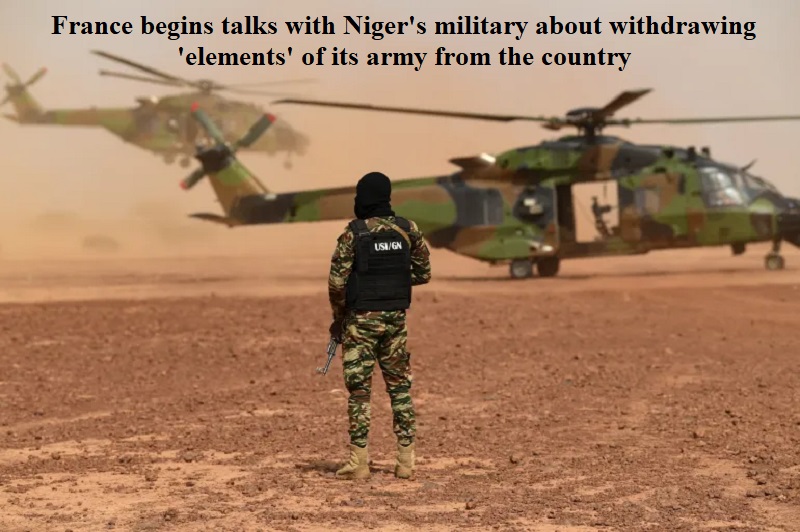
The Burkina Faso military disclosed on Tuesday, September 5, that an attack, suspected to have been carried out by jihadists in the northern part of the country, had resulted in the deaths of fifty-three members of the security forces.
The army’s general staff issued a statement confirming that the attack had occurred on Monday, claiming the lives of seventeen soldiers and thirty-six civilian volunteers affiliated with the army. The unit had been stationed in the town of Koumbari in Yatenga province, tasked with aiding the resettlement of residents who had been displaced from the area by jihadists over two years ago.
Approximately 30 security force members sustained injuries in the attack. In response, the forces engaged the assailants, resulting in the neutralization of several attackers and the destruction of their combat equipment.
Ongoing operations are being conducted in the region.
Burkina Faso experienced two military coups last year, driven by the inability to address the jihadist insurgency that has claimed thousands of lives. Similar military coups in neighboring Mali and Niger have roots in frustration with the insurgency as well.
According to data from the Armed Conflict Location & Event Data Project (ACLED), more than 16,000 civilians, soldiers, and police have lost their lives in jihadist attacks in Burkina Faso since 2015, with over 5,000 fatalities occurring this year alone. The country has also witnessed the internal displacement of two million people, marking one of Africa’s most severe crises.
On June 26, three attacks occurred in the Centre-North province, resulting in the deaths of thirty-one soldiers and forty auxiliaries. In August, the Centre-East province saw an attack that claimed the lives of five police officers and around twenty others.
Authorities reported that more than 65 jihadists were neutralized between August 7 and September 1.
The country’s current leader is Captain Ibrahim Traoré, who assumed power in September 2022 at the age of just 34, making him the world’s youngest non-royal leader. Traoré has pledged a return to democracy in the country, with presidential elections scheduled for July 2024.
Following the military junta’s takeover, relations between Burkina Faso and France deteriorated, leading to the withdrawal of French troops that had been assisting the under-equipped Burkinabe army. Traoré recently held discussions with a Russian delegation on development and military cooperation.
On Monday, Burkina Faso’s Foreign Minister, Olivia Rouamba, held talks with Iranian President Ebrahim Raisi in Tehran, expressing hopes for “stronger bilateral cooperation” with Iran.

Post Your Comments